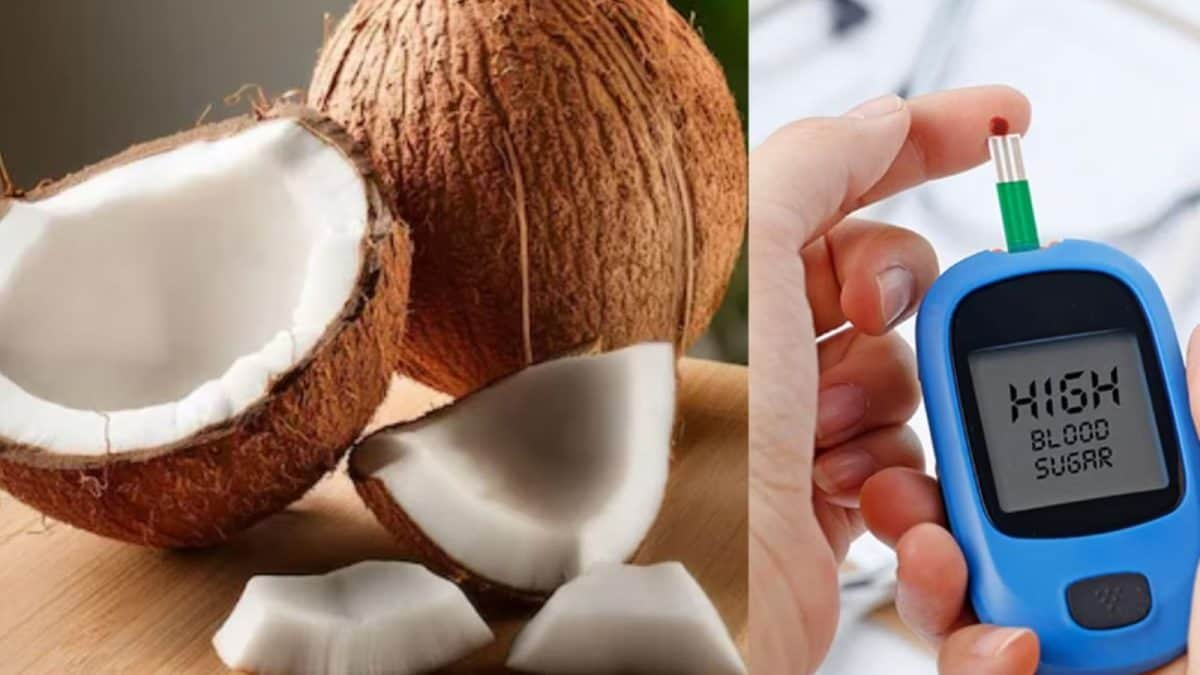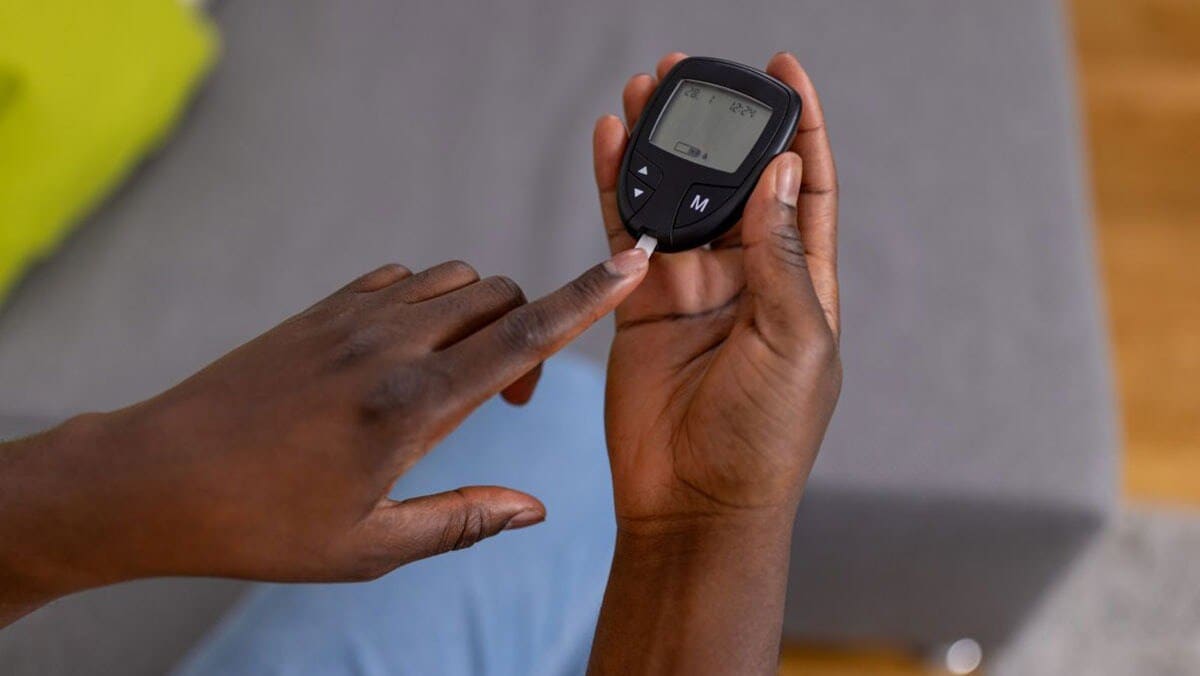
For millions of Indians living with diabetes, food choices are often made with caution. Among the many items that raise questions is the humble coconut, a fruit cherished across Asia, Africa and the Caribbean for its taste and versatility. In India too, coconut finds its place in kitchens daily, from curries to chutneys. But can those with high blood sugar safely consume it? (News18 Tamil)
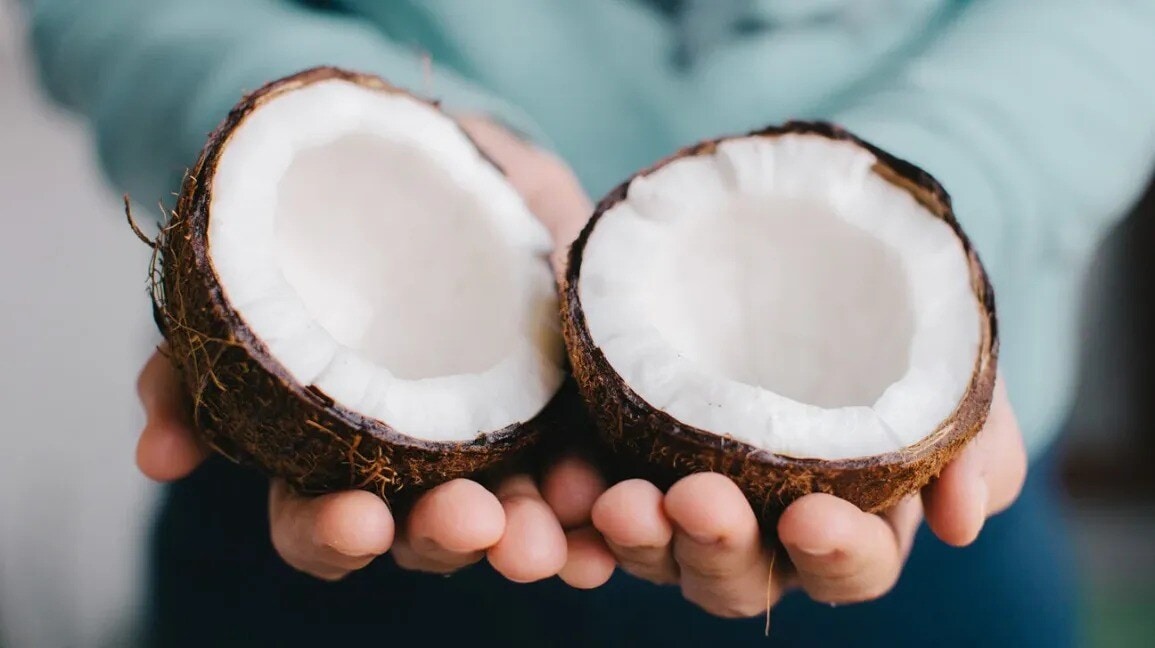
Health experts believe coconut can be included in a diabetic diet, but only in moderation. The white flesh inside the brown shell contains relatively few net carbohydrates, as much of its carbohydrate content comes from fibre. This fibre slows digestion and helps prevent sudden spikes in blood sugar, making coconut safer than many refined carbohydrate foods. (News18 Tamil)
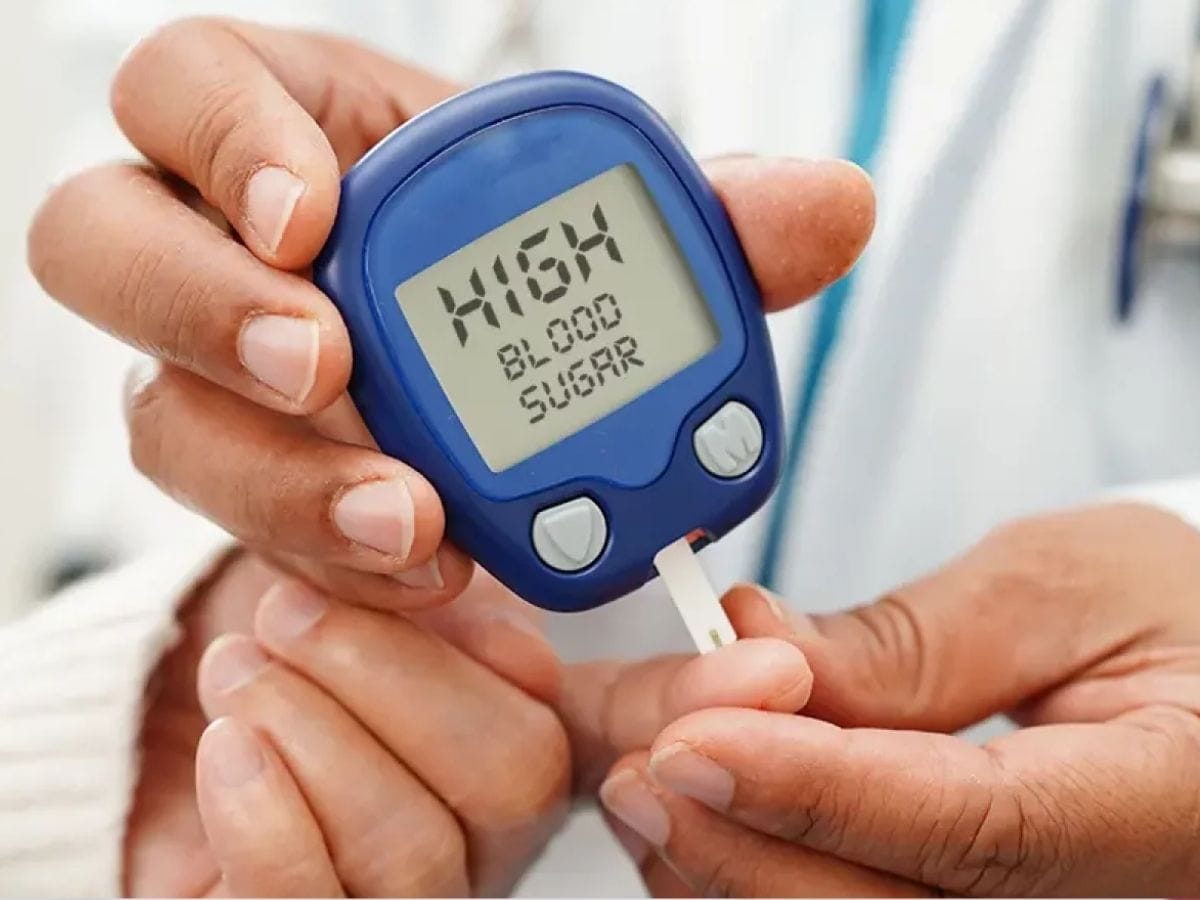
A study published in the British Journal of Nutrition found that coconut flour and other fibre-rich foods were linked to a lower glycemic index, both in healthy individuals and in those with diabetes. (News18 Tamil)
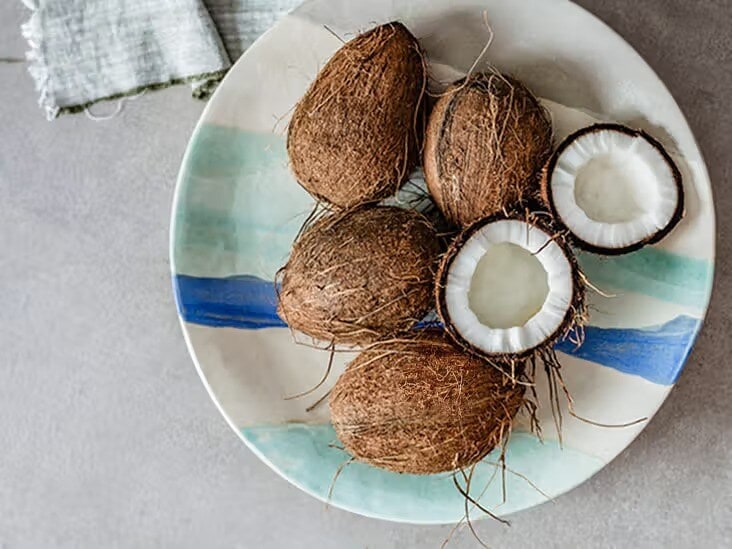
Yet, coconut is a double-edged sword. While its fibre is beneficial, the fruit is high in calories and saturated fat, factors that may increase the risk of weight gain and heart disease when consumed in excess. For diabetics, who are already vulnerable to cardiovascular complications, this makes portion control crucial. (News18 Tamil)
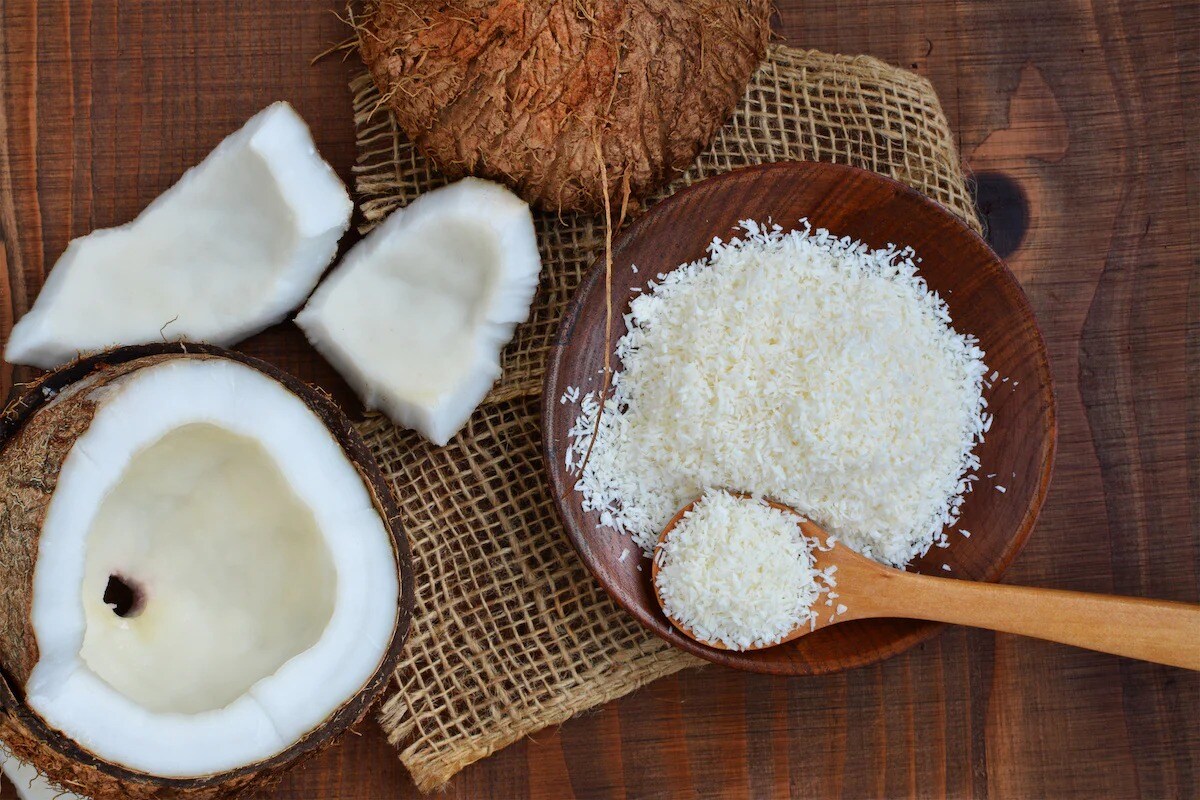
Nutritionists point out that coconut can play a positive role if consumed carefully. The fibre content not only supports better insulin sensitivity but also improves digestive health, ensuring blood sugar levels remain stable after meals. The healthy fats in coconut can prolong satiety and reduce unnecessary snacking, which in turn supports weight management. (News18 Tamil)
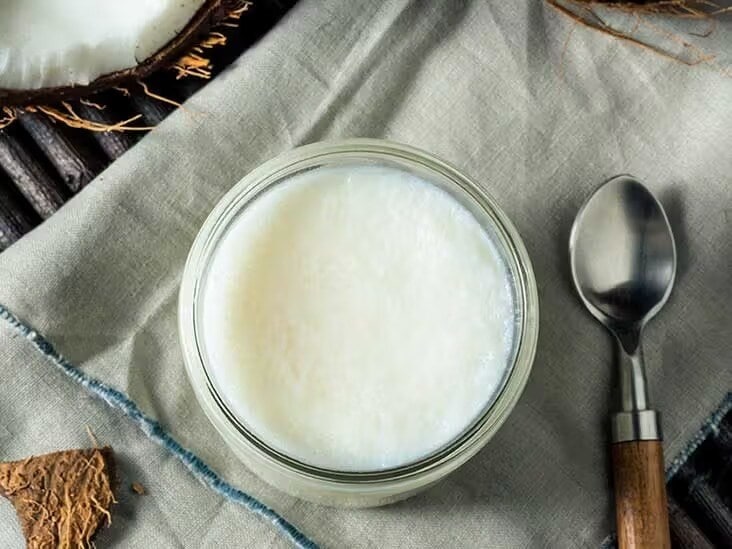
Medium-chain fats in coconut are also metabolised quickly for energy rather than being stored as body fat, which may aid those managing type 2 diabetes. Beyond this, coconut flesh provides important minerals like manganese, copper and iron, which contribute to metabolism and energy production, making it nutritionally more valuable than processed snacks. (News18 Tamil)
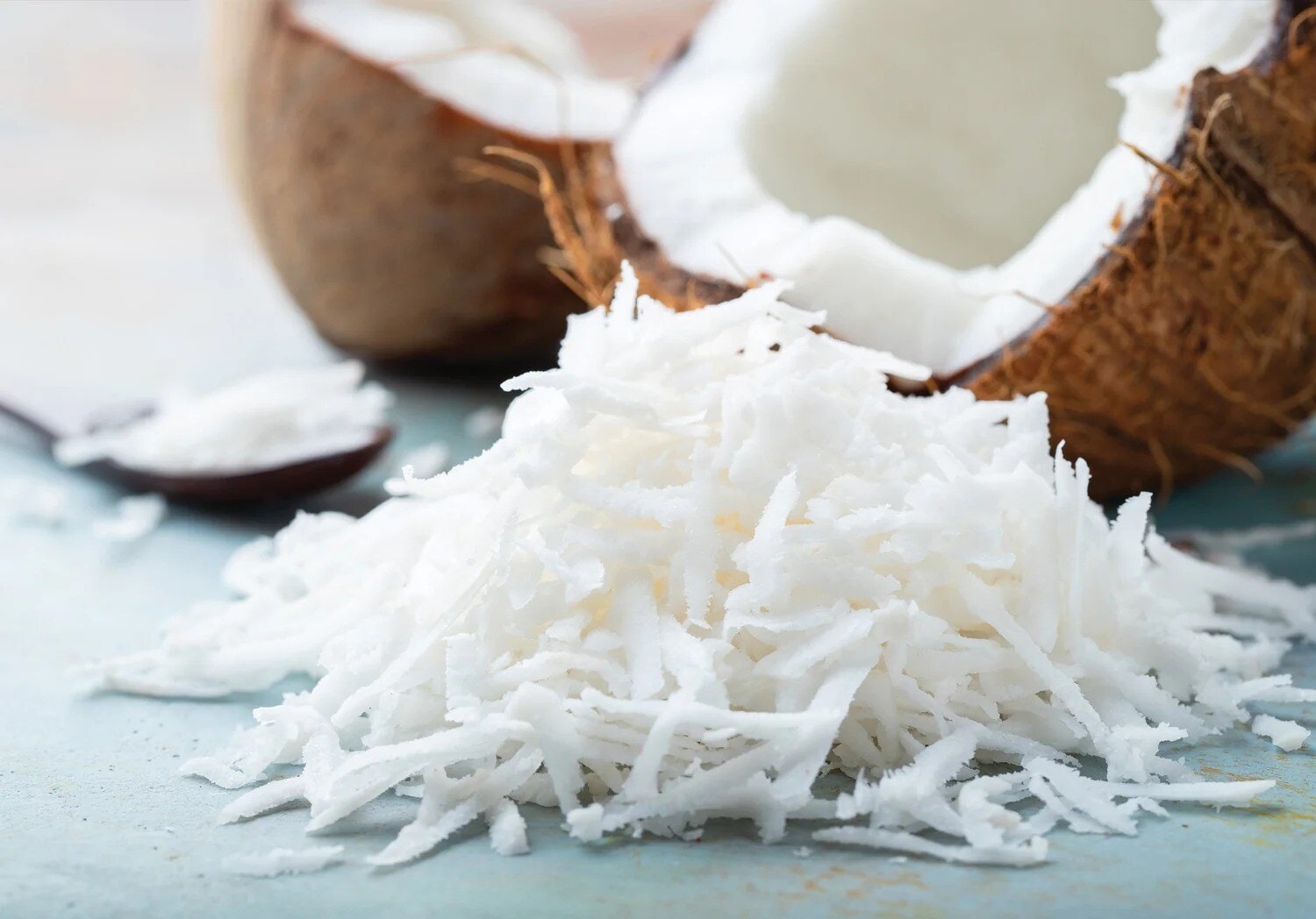
However, quantity matters. Dieticians recommend that diabetics restrict themselves to around 30 to 40 grams a day, the equivalent of two or three tablespoons of grated coconut. Fresh, unsweetened coconut is preferred, while commercially sold sweetened varieties and coconut-based desserts should be avoided due to their high sugar content. (News18 Tamil)
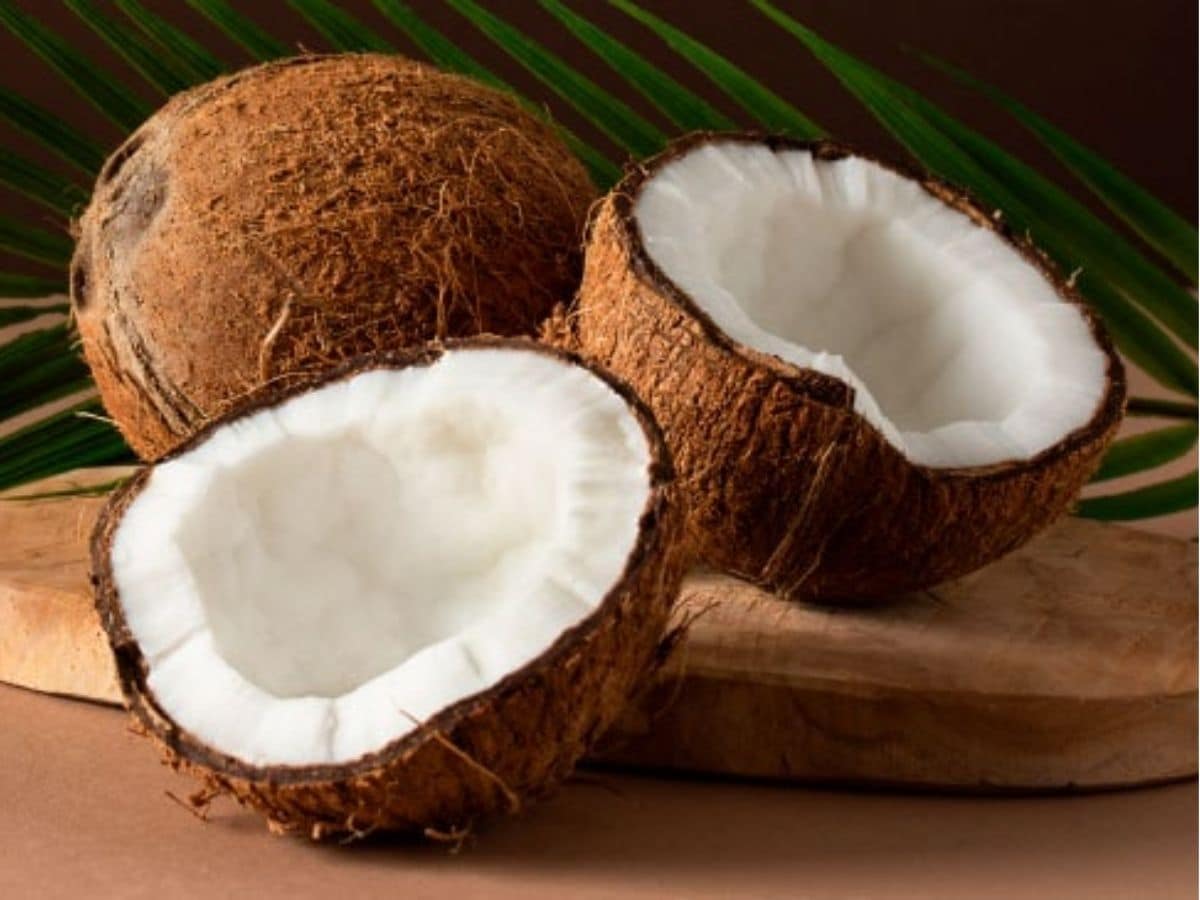
Experts also suggest that it is best consumed alongside low-glycemic foods such as vegetables, dals or salads, which enhance both taste and nutritional value. Pairing coconut with other healthy fats like olive oil or nuts can also help offset its saturated fat content. (News18 Tamil)

Doctors advise patients to closely monitor their blood sugar levels after consuming coconut, as tolerance differs from person to person. Self-monitoring helps determine whether coconut can be safely added to the daily diet without causing fluctuations. (News18 Tamil)
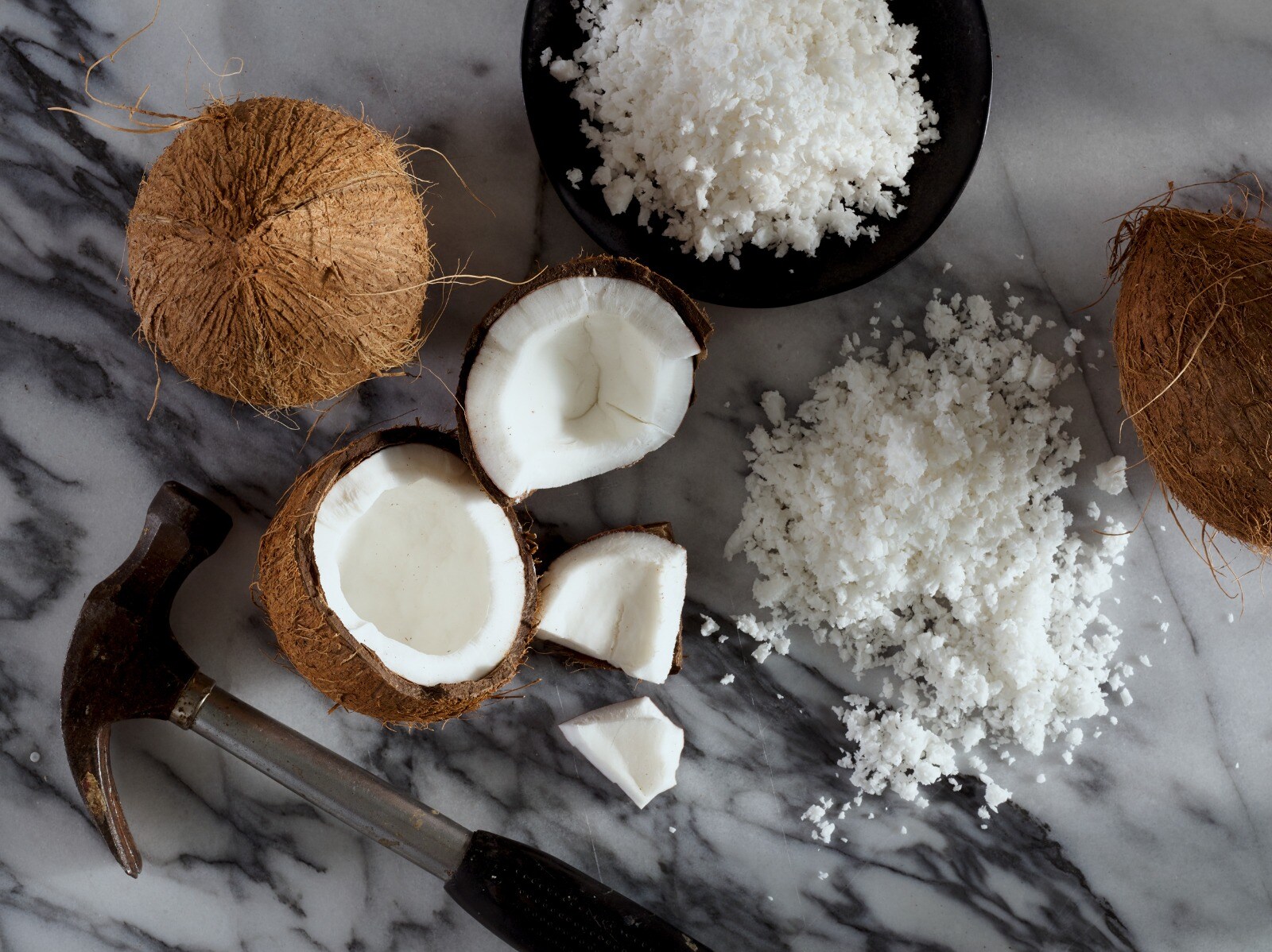
The consensus among health specialists is clear: mature white coconut, with its brown outer shell, can indeed be part of a diabetic diet if eaten with restraint. Its low glycemic index and high fibre content make it a safer choice than many refined carbohydrates, but its calorie and fat profile mean it cannot be treated as an unlimited indulgence. (News18 Tamil)
Go to Source
Author: News18

